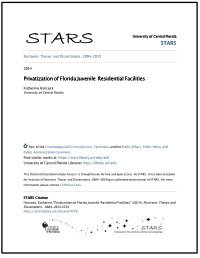By lE.A.W. Janssen-de Ruijter, E.A. Mulder I.L. Bongers ; J.K. Vermunt f, Ch. van Nieuwenhuizen
Purpose
Adolescents who are admitted to secure residential care have a high risk of delinquency after discharge. However, this risk may differ between subgroups in this heterogeneous population of adolescents with severe psychiatric problems and disruptive problem behaviour. In this study, the predictive validity of four risk profiles was examined for the number of minor, moderate, and severe offences after discharge from secure residential care.
Methods
The sample comprised 238 male former patients of a hospital for youth forensic psychiatry and orthopsychiatry in the Netherlands. In three Poisson regression analyses, the relationship between four previously identified risk profiles and the number of minor, moderate, and severe offences after discharge was examined.
Results
The results showed that the four risk profiles differed significantly in the number of minor, moderate, and severe offences after discharge. Post hoc analysis revealed no mediating effect of termination of treatment on the relationship between the risk profiles and the number of minor, moderate, and severe offending after discharge.
Conclusion
Adolescents with many risk factors in multiple domains and adolescents with mainly family risks have an increased risk of persistent delinquency after discharge. Treatment should be tailored more effectively to the specific risks and needs of these adolescents.
Journal of Criminal Justice
Volume 72, January–February 2021, 101758



